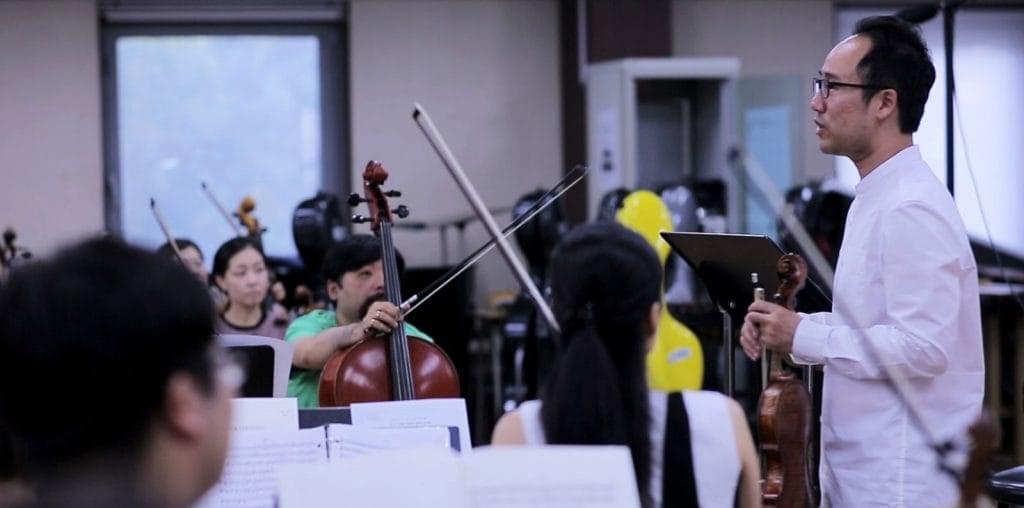
Australian director Hayley Cloake’s debut feature is a modern update of the classic Edgar Allen Poe story The Fall of the House of Usher. Like so many of the other adaptations of Poe’s work, this latest interpretation bears little resemblance to the source material. However, in the case of Cloake’s variation on the tragic tale of the Usher family curse, the appropriations with the story provide for the makings for an exciting and provoking look at the decadence of isolationism and extreme wealth.
The tale of the house of Usher concerns the arrival of a guest into the sanctity of the palatial family home. In Cloake’s film version this guest is Jill Michaelson (Izabella Miko), a former lover of Roderick Usher (Austin Nicholas) and friend to his sister Maddy (Danielle McCarthy). Jill has been summoned to attend the funeral of Maddy who has passed away as the result of a horribly debilitating disease that has cursed generation upon generation of the Usher family. As Jill slowly becomes immersed in the sheltered world of Roderick, she will find herself caught up in her love for a lost man, a struggle for her rapidly deteriorating sanity and age-old family secret that may ultimately link her fate to that of the House of Usher.
In reimagining Poe’s short story for modern sensibilities, Cloake has opted to change the direction of the film and focus on the relationship between Maddy and her brother Roderick. This focus, explores a point in Poe’s original story that suggests an incestuous relationship between the siblings. By changing the character of the Narrator from a male perspective to that of the character of Jill, Cloake opens the film up to an exciting possibility of not only exploring the history of the Usher curse, but providing a catalyst for the perpetuation of the Usher legacy.
The possibilities of ascertaining not only the origin of the curse while realizing the internal struggle that Jill must face as she slowly unravels the mysteries of the house seems like a near perfect concoction for an epic of suspense and while the final 15 minutes of the film begin to fulfill the promise of the set up, the proceeding hour is so inexcusably dull that the payoff scarcely validates the journey.
In Alfred Hitchcock’s 1940 masterpiece Rebecca, the measured pacing of the opening act serves to build an immeasurable sense of dread, as each piece of the puzzle is ever so gracefully laid out before the audience. It would seem that the filmmakers of The House of Usher had this same intention. However, in Hitchcock’s classic film the clear presence behind the films drive was the calculated performance of Dame Judith Anderson as the incomparable Mrs. Danvers. In Cloake’s film, Beth Grant embodies the Danvers’s motivations as the startling Mrs.Thatcher. Unfortunately for the Usher’s, Anderson’s performance in Rebecca was understated and wholly terrifying, but Grant’s performance is so dark and unforgiving that she undermines the suspense of the film, by simply giving away too much of the plot.
Additionally, the film finds fault as it is a safe assumption that with no massively recognizable stars, the major audience for a Poe adaptation will be fans of the work or patrons who may already have a passing understanding of the plot from one of the other dozen or so adaptations of the story. In trying to market the film to a knowing audience, it is imperative to give that audience some vested interest in the characters circumstance. It is a shame that The House of Usher is unable to muster that level of commitment from the viewer. What makes the film a truly regrettable adaptation is that such promise of set-up, fails on a basic level at doing exactly what Poe did best – creating palpable tension in the plotlines.
